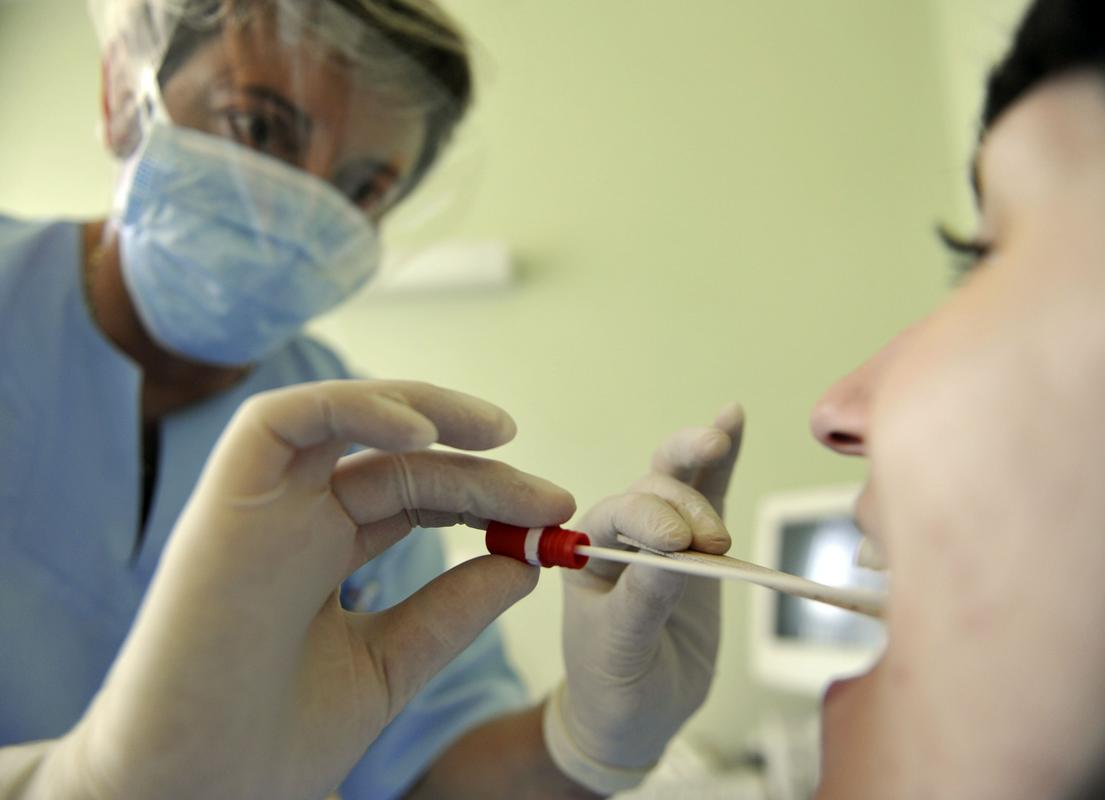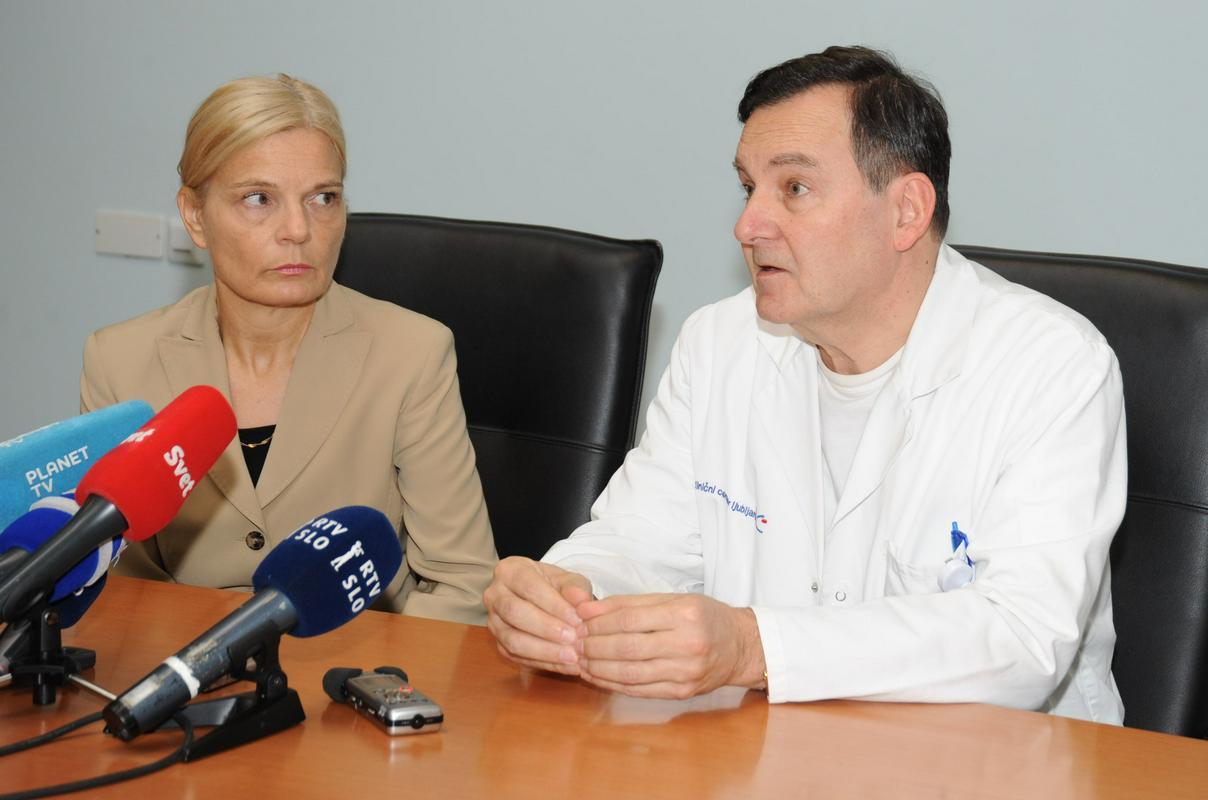

The Ljubljana Clinic for Infectious Diseases has announced restrictions on hospital visits due to the flu outbreak. Rumours have been circulating that even employees who had already received flu shots contracted the disease. Some consider this proof that the vaccine is not effective.
This is corroborated by the fact that the US Center for Disease Control and Prevention (CDC) in Atlanta said that the vaccine does not match this year's dominant strain. Maja Sočan from the Slovenian National Institute of Public Health (NIJZ) has confirmed this – but added that this only applies to influenza A(H3N2), whereas the other components of the vaccine are effective. This year's flu season is expected to peak in a few weeks.
The Ljubljana Clinic for Infectious Diseases seems to be hit the hardest. Head of the Clinic Franc Strle said that the disease usually spreads from kindergarten-aged children to clinics and hospitals. This year, however, many adults have contracted the flu. "We have no idea why," Strle said, adding that it might be due to the flu vaccine.
According to Strle, 20 employees of the Clinic for Infectious Diseases who had received flu shots contracted the disease. He said that the vaccine's low effectiveness is its main disadvantage. It can prevent 80 to 90 percent of flu cases in young people but only about 30 percent in older people. However, it can still effectively prevent people from needing hospitalization and it can lower the chance that the flu will lead to complications such as pneumonia.
Developing this year's seasonal flu vaccine
Developing an annual flu vaccine is a lengthy process, thus it is almost impossible to develop a more effective vaccine for this season. Maja Sočan explained that the vaccine consists of three components, and its composition is based on the World Health Organization's recommendations.
The WHO consults specialists who decide in February which three components to select – depending on which strains are expected to be dominant that year. The development of the vaccine usually takes 6 months, and the vaccine is typically ready in September. The most widespread strains can mutate in the meantime, which is what seems to have happened this year.
Slovenians reluctant to get shots
Both Strle and Sočan pointed out that Slovenians have a very negative attitude towards voluntary vaccinations. Fewer than 5 percent of Slovenians get flu shots, which is one of the lowest rates in the EU and on a par with Poland, Latvia and Lithuania.
Gregor Cerar; translated by D.V.

































































